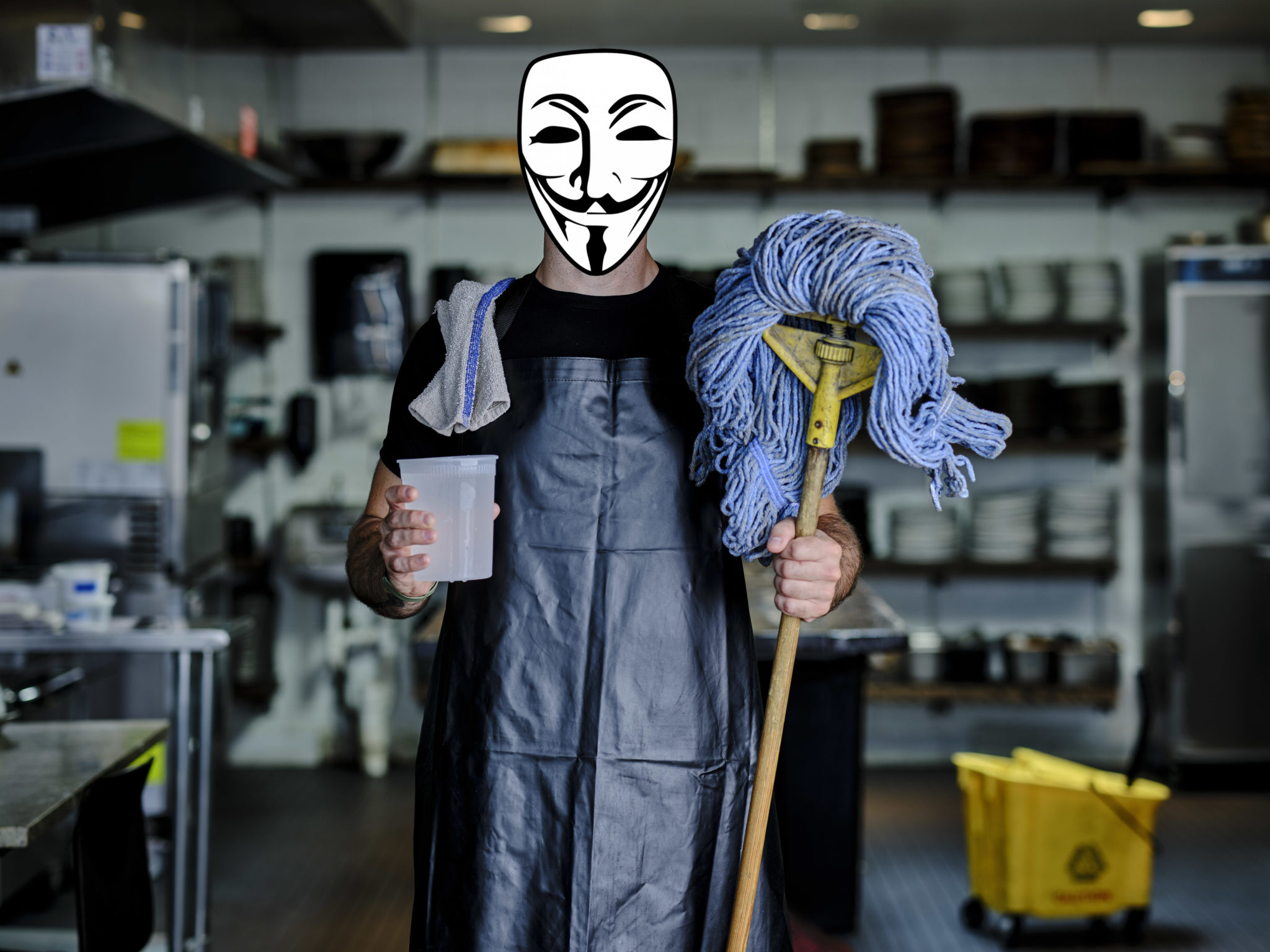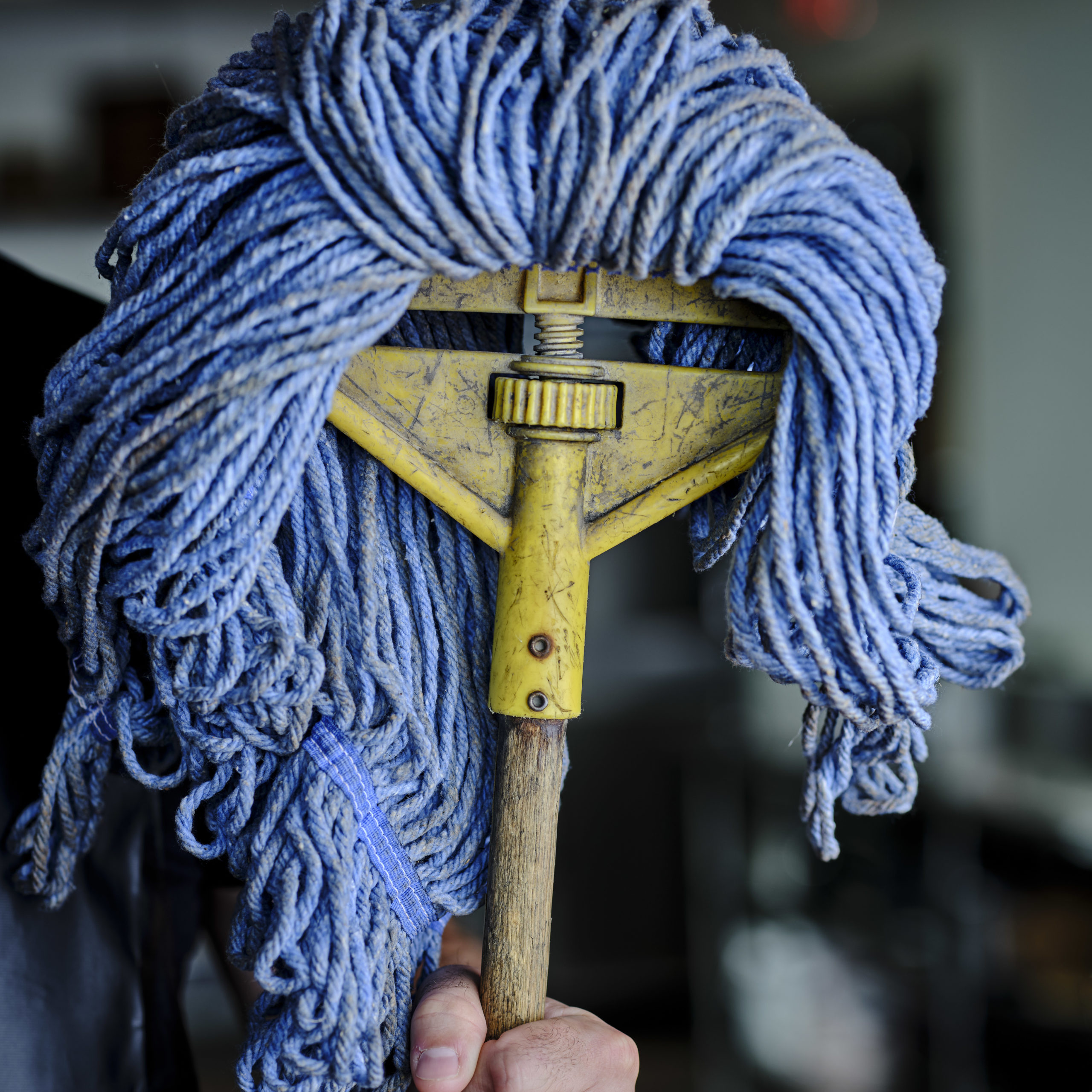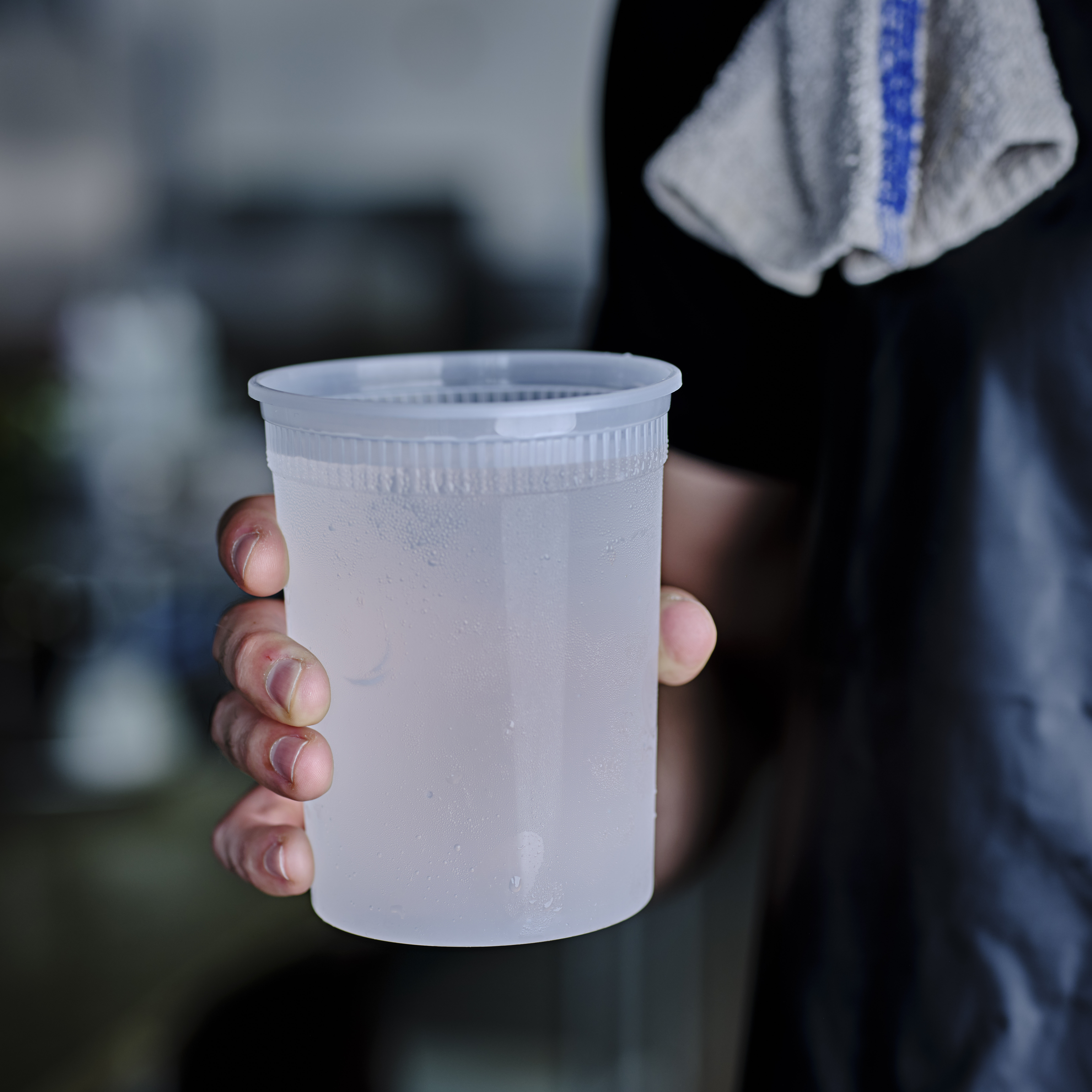Industry Anonymous: A chef’s view of water

The subject of water is as vast as the world’s oceans. This is just one chef’s perspective of how such a crucial compound affects daily life in the kitchen and beyond.
It could be argued that water is our most precious natural resource. But water is so natural that it often can be lost or forgotten about. Like breathing oxygen, water can be taken for granted much too easily. Most people on their daily grind do not consider the modern marvel that is plumbing. Access to clean water is everything.
To ensure safe drinking water, monks, abbots, and farmers from the Middle Ages fermented grapes and grains to make low-ABV wine and beer. This was made to be given out to the whole town, including children. Of course, flavor was an important factor, but not as important as making safe-to-drink swill. Not until the late 1800s would you have seen bottled spring or mineral water start showing up in the local drug store.
When people say a chef’s job is stressful, it rarely has anything to do with cooking. The stress comes from external factors that are seemingly out of your control.
Just like any system, the city water service is not always perfect. On any given day, a restaurant can be met with water challenges that are completely out of its control. The water department could have maintenance going on down the block, and all of a sudden the water in your dish tank is turning brown. What do you do?
There is a saying inside (good) Detroit restaurants: “If the water’s brown, shut it down.”
Having to close shop is certainly less than ideal. Oftentimes, system failures such as these happen during service. Chefs are faced with the stressful decision to end or pause service. These types of interruptions, even minor ones, have tremendous effects, including lost revenue, lost wages, turning away customers — and the clock starts ticking on food spoilage.
When it comes to our guests, public perception of dirty water isn’t easy to overcome, so this issue must always be handled safely, but delicately. Most restaurants would put up a “closed for maintenance” sign or some other benign reason rather than call attention to dirty water.
We in the industry know that it is only temporary. We also understand that we could lose long-term business if we were to get stigmatized for putting customers’ health at risk. One can only sympathize for the chefs working in Flint circa 2014. The psyche of the Flint chef had to be absolutely shook. Even after things came back and the lead was gone, what was going through their heads while making that first pot of soup?


A term for water that always stuck with me from culinary school was “pipe stock.” I’ll never forget that day’s lesson. The chef-instructor was going over soup-making and how to build flavor. In French cooking, there’s a lot of beef or chicken stock being used, a lot of wine being reduced and deglazed.
“All of that is great,” the instructor said, “but if I want my asparagus soup to taste like asparagus, then I’m using pipe stock.”
It was at that moment that the idea of “simple is better” really resonated. Although chicken stock and wine are delicious flavors, they can also cloud the main ingredient from shining like the sun. Water is the vessel to coax out essential flavors.
And all cooking has one constant theme: the concentration or extraction of water.
For example, if you leave your filet mignon in the oven overnight, you could probably drop that puck at center ice the next day. Alternately, cooking that same steak “Pittsburgh-style” quickly over intense high heat would secure the most amount of water moisture that the filet has to offer.
Poaching, braising, and even deep-frying are techniques that concentrate moisture. Grilling, roasting, and sautéing would be the approach for extracting moisture.
Water is volatile, the slightest misstep in timing or temperature can make or break any cook’s supper.
So the next time you’re having a good time at a restaurant, consider how the flow of water contributed to your vibes.
Editor’s Note: “Industry Anonymous” is a new semi-regular feature that offers anonymous hospitality workers a chance to offer their unvarnished perspective on a topic. If you are employed in the bar or restaurant industry and have some things to say about it, drop me a line at mark@framehazelpark.com.




